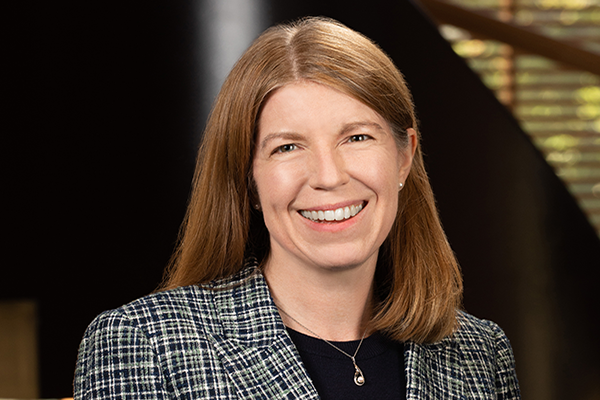
The Institute for Japanese Studies presents:
“The Challenge of Global Governance and Japan’s Role"
Christina Davis
Director, Program on U.S.-Japan Relations, and Professor of Government, Harvard University
Harvard University
With post-lecture discussants:
Mitch Lerner
Professor, Department of History, OSU; Director, East Asian Studies Center
The Ohio State University
Alexander Thompson
Professor, Department of Political Science
The Ohio State University
William Chou
Fulbright-Hays Scholar, Department of History
The Ohio State University
Flyer: Christina Davis Flyer [PDF]
Abstract: Nationalist populism pushes against liberal internationalism even while economic and health crises demand international cooperation. The core pillars of Japanese foreign policy -- multilateralism, the US-Japan alliance, and engagement in Asia – remain central to how Japan can contribute to global governance. First, Japan must reinforce multilateralism. International organizations support cooperation when peer pressure and enforcement mechanisms uphold compliance. Japan’s experience as a member of international organizations offers lessons for how to use multilateralism to induce reforms. Second, strong U.S.-Japan relations defend principles of free markets and democracy. New leaders in the US and Japan must rebuild confidence in these ideals both at home and in their alliance. Finally, Japan lies at the hub of the trade regime complex. It can balance US and Chinese rivalries through skillful diplomacy with other states in Asia to set a middle path for open engagement.
